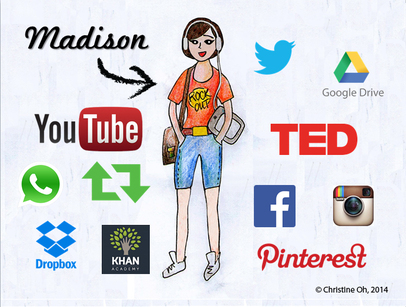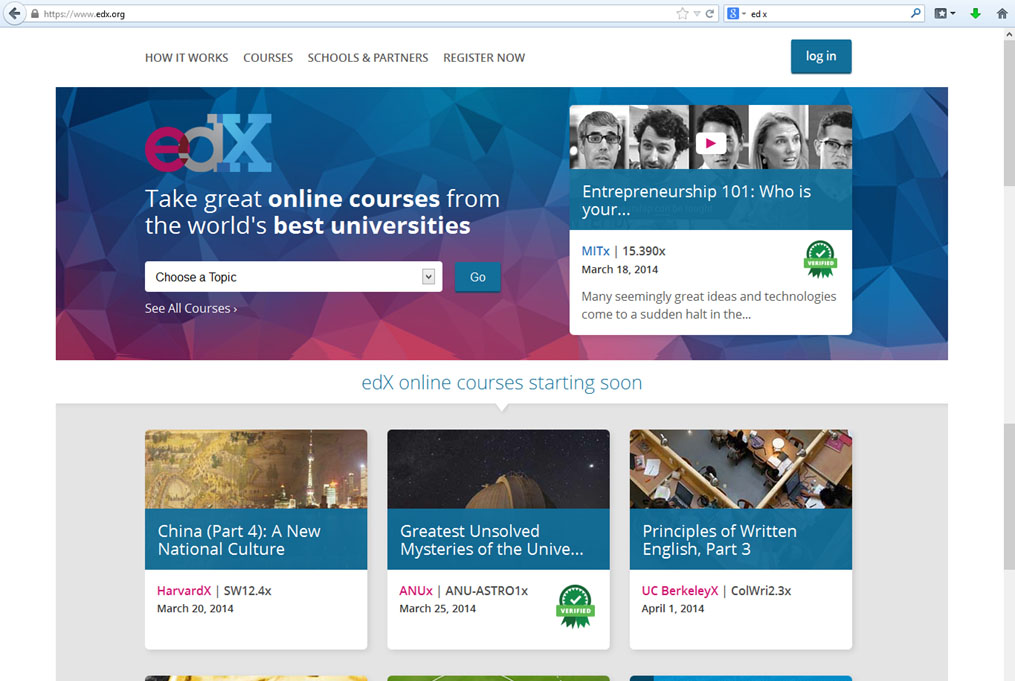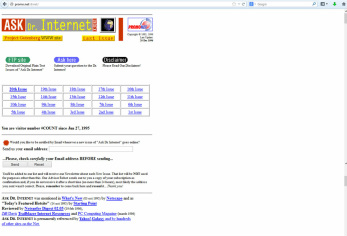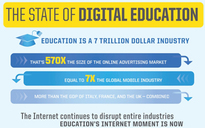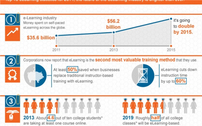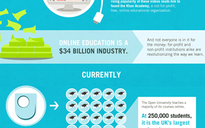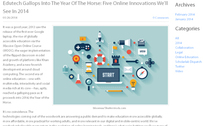Growing Your Membership - The Necessities of Modern eLearning & Effective Association Management
| Date: Friday, August 8th, 2014 Time: 10 am - 1 pm Admission: No Fee 10:00 - 12:00 Morning: Open to the public 12:00 - 1:00 Lunch will be provided | Location: Moneris Solutions 3300 Bloor Street West West Tower, 5th Floor Toronto, ON, M8X 2X2 Show Directions |
Our speakers
| Dr. Laurelle Jno Baptiste Chief Operating Officer, ScholarLab Online Learning Laurelle is an award-winning innovator in online learning and communication technologies. She is considered a leader of eLearning in North America and advises educational institutions and associations worldwide. Laurelle will discuss how new technologies are revolutionizing traditional Learning Management Systems and what you need to know:
|
| Christine Oh Head of Marketing, Scholarlab Online Learning With her keen understanding of the evolution of marketing, learning, communication and design in the digital age, Christine works directly with some of the largest associations across North America to develop innovative marketing strategies for their eLearning programs. Are you letting valuable eLearning sales slip through your fingers? Christine will discuss the following seven marketing mistakes you can't afford to make
|
| Darryl Wignall Account Manager, Moneris Solutions Darryl has been working exclusively with MPower's clients to bring significant annual savings and enhanced services. Darryl will present the latest tools and flexible payment options available to you and your members.
o Recurring payment options (monthly, annually) o Credit card security
|
| Carolyn Tucker Vice President, MPower Technologies Carolyn has 10+ years' experience working with MPower's 70 + member-driven organizations that supports over 800,000 global end-users . She will share the latest tools and trends that are critical to maintaining and growing your membership.
|








